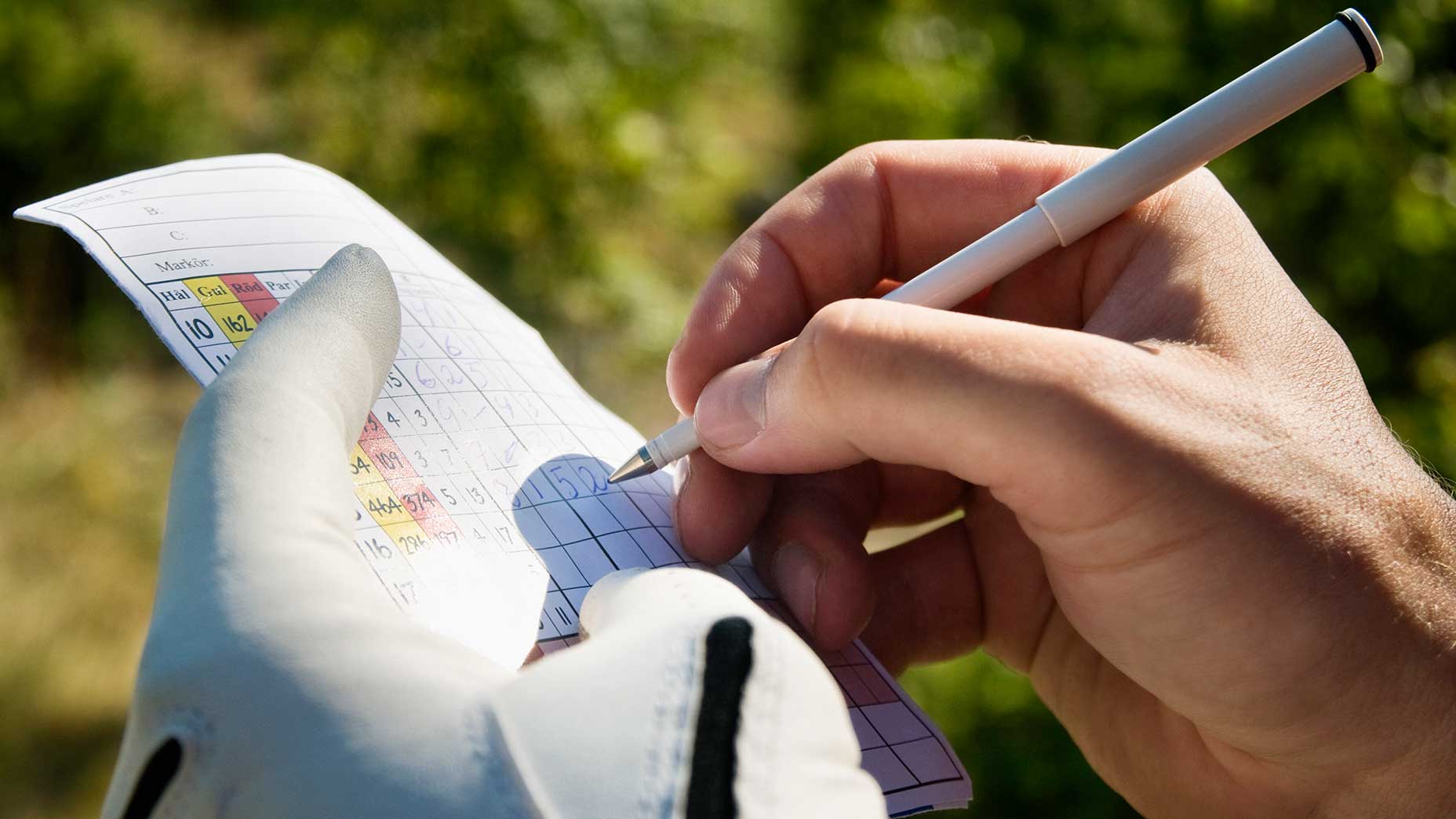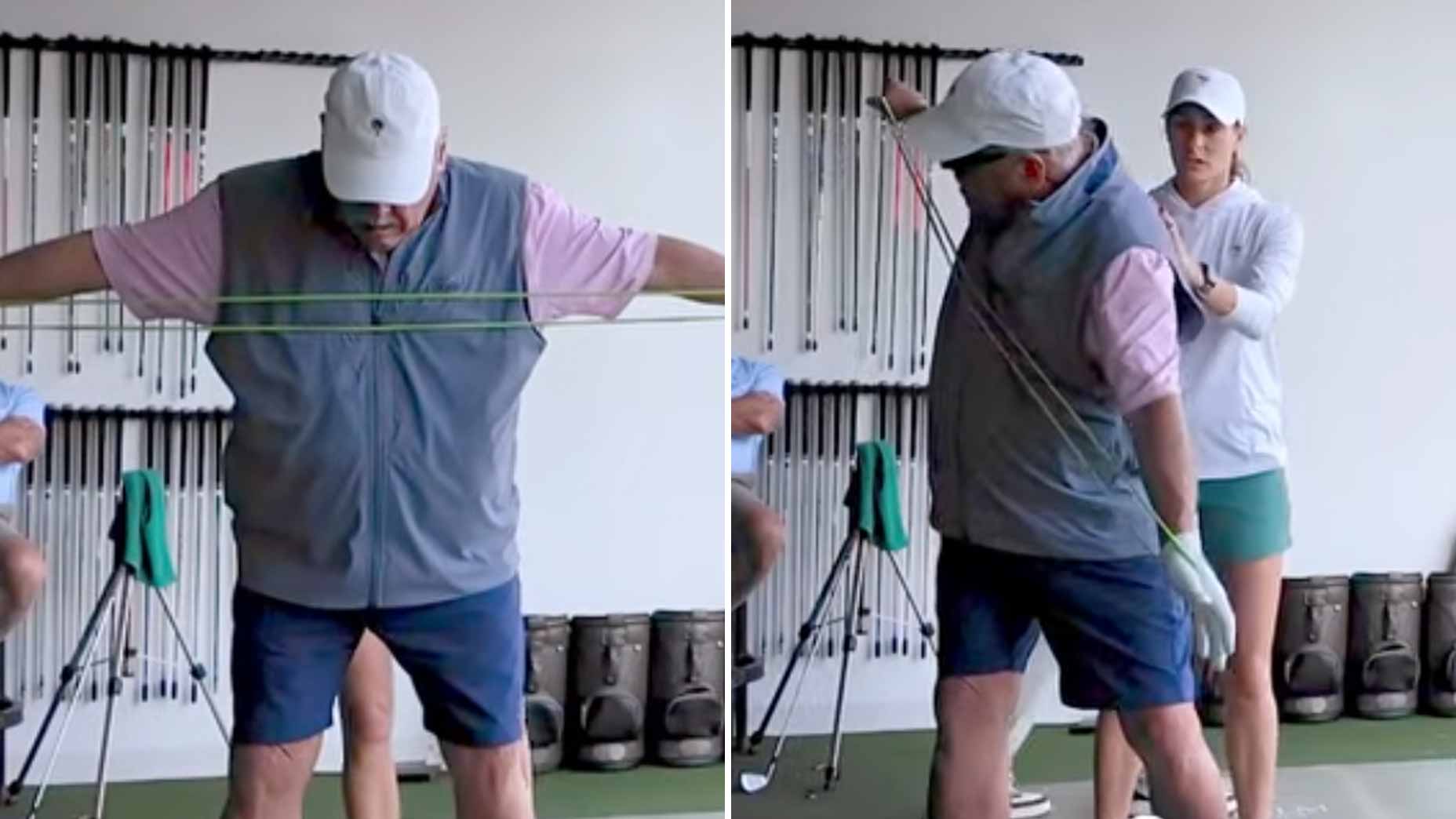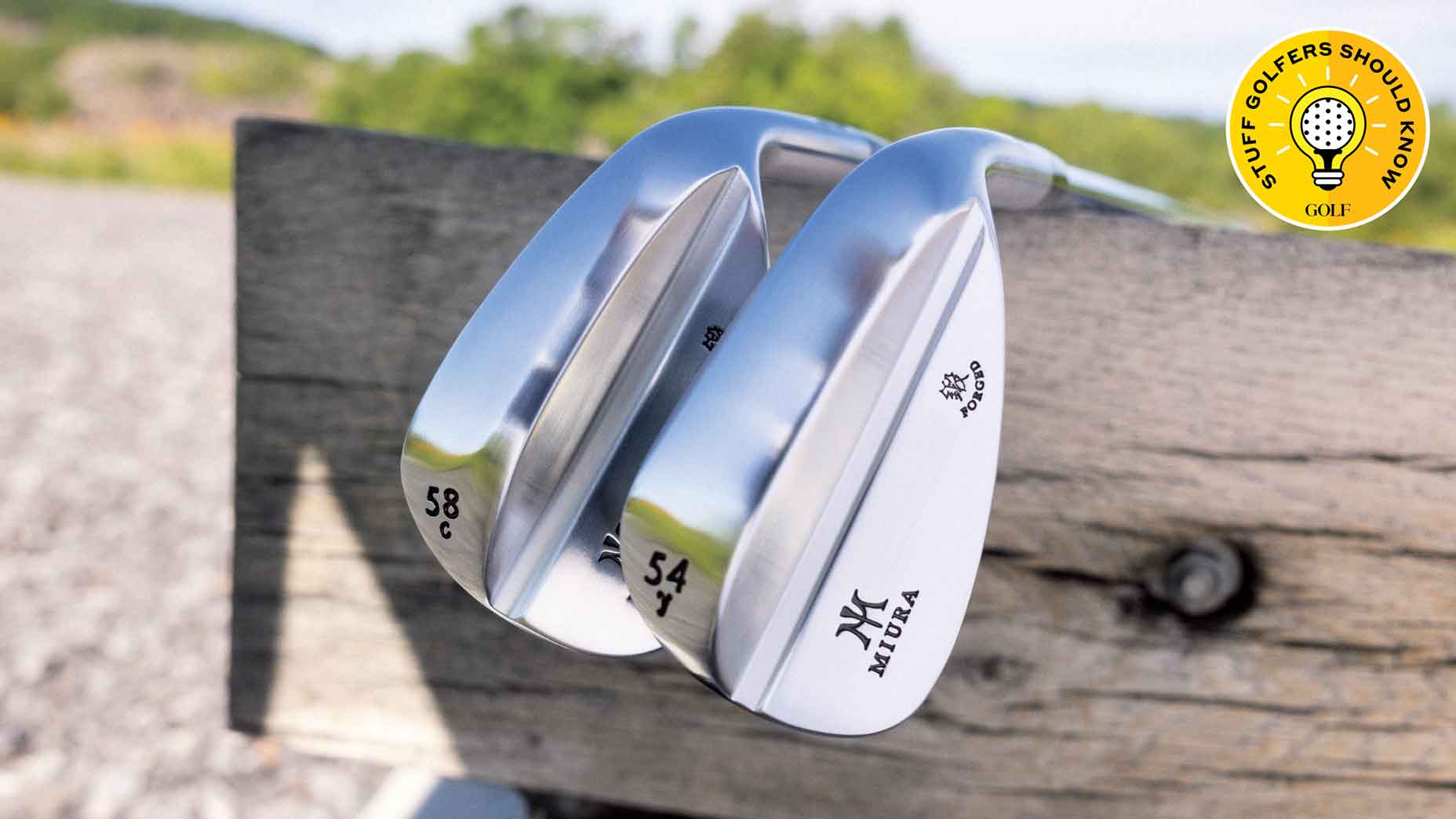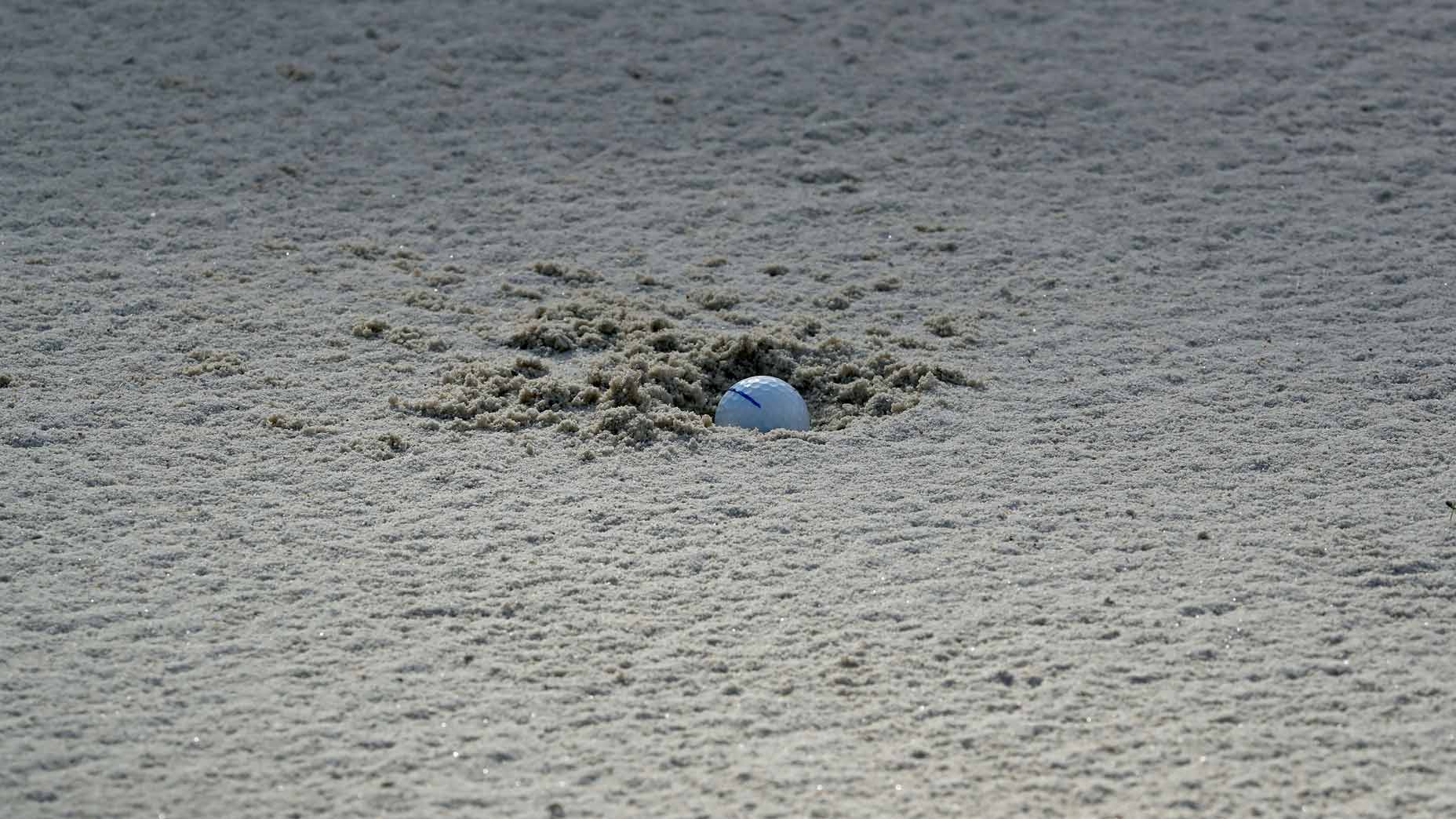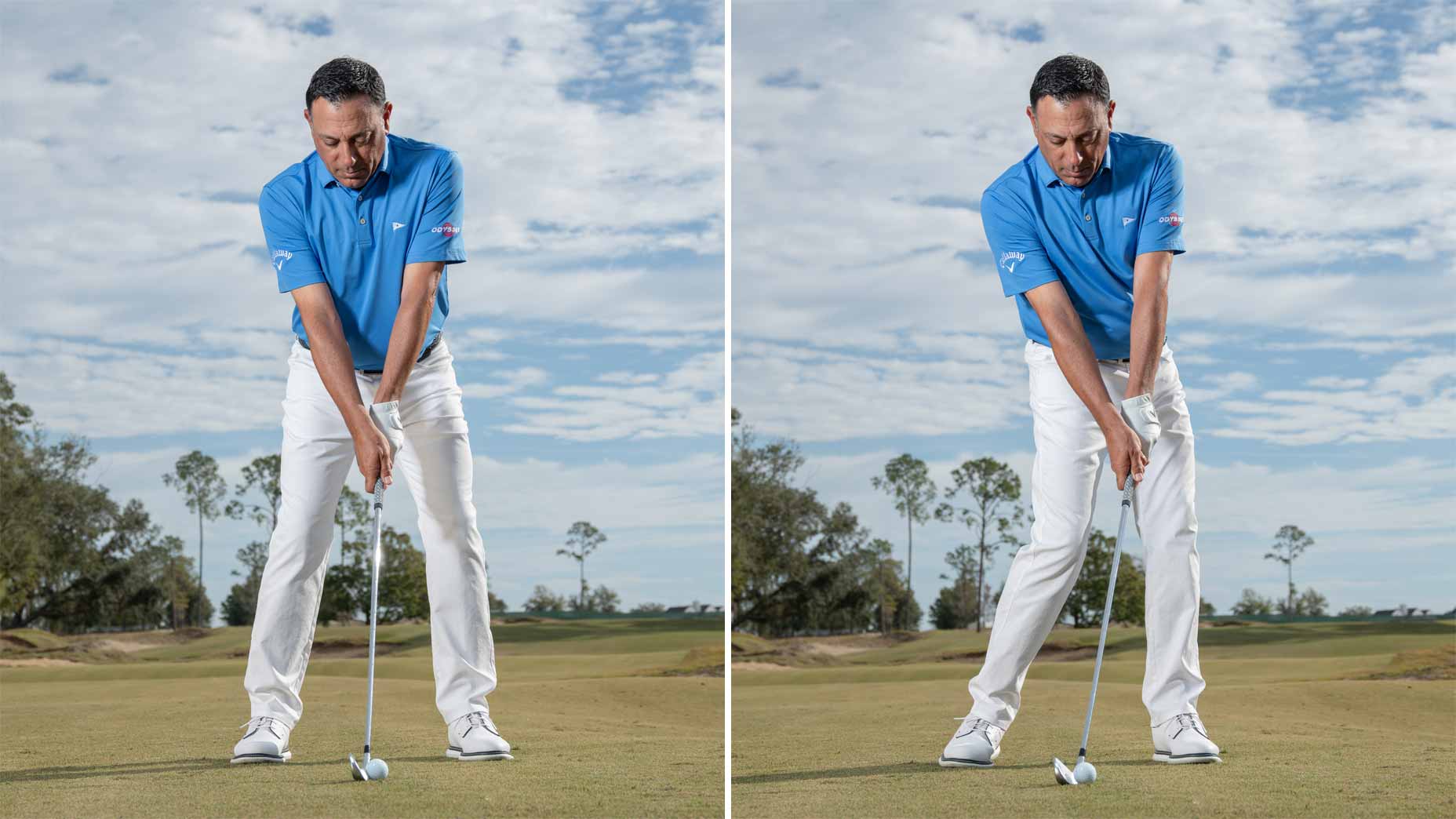What’s the best way to finally break 80? Well it starts with hitting lots of really good golf shots, because any 18-hole score that starts with a 7 is worthy of telling your friends about.
A handful of GOLF.com staffers spent a few days in sunny Scottsdale last month to pick the brains of the game’s best teachers at GOLF’s Top 100 Teachers Summit at Talking Stick Resort, and one of the questions we asked often was a tip on how players could finally break 80.
Truth is, if you are firing rounds consistently in the low 80s or mid 80s, you apparently have the basics down and are close to that goal, but shaving strokes is easier said than done. Some teachers said to eliminate blow-up holes, others said to focus on the short game. As for Gary Weir, a Top 100 Teacher who is the director of instruction at Westchester Country Club in New York, he says the key is to practice with a club golfers neglect more often than they should: the wedge.
To be even more precise, Weir says players should dial in their mid-length and full wedges, like from 60 to 120 yards.
Fully Equipped mailbag: 6 easy equipment fixes to shoot lower scoresBy: Ryan Noll
“The obvious answer is short game, but I would focus on your wedges,” he said. “That’s one of the shots that most club players neglect the most. They’ll go out to the range, they’ll hit balls, some of them will chip and they’ll all putt, but I don’t see many people hitting their mid-level wedges.”
While hitting greens with wedges is crucial for a player’s success, there’s more to it than just taking full swings from about 120 yards. For many golfers, that 60-to-90-yard range is just as tricky, since it’s usually a wedge with more loft or a three-quarter swing — shots they practice even less than a typical full-swing pitching wedge.
It’s also not as easy as pros make it out to be. On the PGA Tour this season, the Tour average for greens in regulation from 75-100 yards is 78 percent. From 125 yards and in it’s 81 percent. If pros are hitting the green roughly four out of five times from that distance, it almost certainly means you aren’t. So there’s a lot of room for improvement. And plus, the benefits are obvious — the more greens you hit, the more trouble you avoid (i.e. bunkers, bad lies, two-chips, etc.).
And if you are looking to set your own goals for greens in regulation per round with your wedges, here’s where you can start. We looked at Arccos data for a story last year and learned that 10- to 15-handicaps — those players who could sniff low 80s on a good day and might have that sub-80 number in their sights — missed the green 38 to 45 percent of the time from 50 to 100 yards. That means they were barely better than 50 percent.
Check out the graph below for more insight — and start working on that wedge game now.
Missed greens percentage

Want to overhaul your bag for 2023? Find a fitting location near you at GOLF’s affiliate company True Spec Golf.
